
This edition first published 2014 Benjamin Bonetti
Registered office
John Wiley and Sons Ltd, The Atrium, Southern Gate, Chichester, West Sussex, PO19 8SQ, UK
For details of our global editorial offices, for customer services and for information about how to apply for permission to reuse the copyright material in this book please see our website at www.wiley.com.
The right of the author to be identified as the author of this work has been asserted in accordance with the Copyright, Designs and Patents Act 1988.
All rights reserved. No part of this publication may be reproduced, stored in a retrieval system, or transmitted, in any form or by any means, electronic, mechanical, photocopying, recording or otherwise, except as permitted by the UK Copyright, Designs and Patents Act 1988, without the prior permission of the publisher.
Wiley publishes in a variety of print and electronic formats and by print-on-demand. Some material included with standard print versions of this book may not be included in e-books or in print-on-demand. If this book refers to media such as a CD or DVD that is not included in the version you purchased, you may download this material at http://booksupport.wiley.com. For more information about Wiley products, visit www.wiley.com.
Designations used by companies to distinguish their products are often claimed as trademarks. All brand names and product names used in this book and on its cover are trade names, service marks, trademark or registered trademarks of their respective owners. The publisher and the book are not associated with any product or vendor mentioned in this book. None of the companies referenced within the book have endorsed the book.
Limit of Liability/Disclaimer of Warranty: While the publisher and author have used their best efforts in preparing this book, they make no representations or warranties with the respect to the accuracy or completeness of the contents of this book and specifically disclaim any implied warranties of merchantability or fitness for a particular purpose. It is sold on the understanding that the publisher is not engaged in rendering professional services and neither the publisher nor the author shall be liable for damages arising herefrom. If professional advice or other expert assistance is required, the services of a competent professional should be sought.
Library of Congress Cataloging-in-Publication Data
Bonetti, Benjamin, 1982
How to stress less : simple ways to stop worrying and take control of your future / Benjamin Bonetti.
pages cm
Includes index.
ISBN 978-0-85708-468-2 (paperback)
1. Stress management. 2. Stress (Psychology) I. Title.
RA785.B652 2014
155.9042 dc 3
2014007534
A catalogue record for this book is available from the British Library.
ISBN 978-0-857-08468-2 (paperback)
ISBN 978-0-857-08465-1 (ebk) ISBN 978-0-857-08466-8 (ebk)
Cover design by Dan Jubb
This book is dedicated to the following:
Amy Levin
Victoria Zoutewelle
L.P
Introduction
We know what stress does but we do not know what stress is!
It's always best to start at the very beginning, so let's start this book by exploring the potential causes of stress; what stress is and what it is not, and how stress affects all of us. From there, we can go on to discover how to manage stress with ease and release the everyday pressures of life for good.
Throughout the book you will be asked to complete a number of tasks. Of course, these are optional, but let me just say that the more you complete, the more you will experience the overall benefits of the coaching process. The tasks are tried-and-tested tools I have used to great effect with a number of clients both directly and indirectly, and they are also used in my bestselling audios as well as in face-to-face consultations.
The following content outlines what I consider to be the three critical elements of controlling and managing stress. Note that I did not say eliminate stress: in my opinion stress can only be controlled not removed, but more on this later.
The three elements are:
- Lifestyle
- Nutrition
- Fitness
In the coming pages, I explain the importance of creating a state of equilibrium across all three, and how each can be implemented without the need for radical changes in your current lifestyle.
Stress is a way we think, not the way we are
It's scientifically proven that stress, unless managed in an appropriate way, will affect all aspects of your life essentially having an adverse effect on everything you value and care about. This makes it bigger than just the word stress, and more complex than simply the feelings you have and the behaviours or actions that follow as a consequence of those feelings. It is a self-evolving destructive ball that unless stopped, can quickly destroy your self-worth.
It's also worth noting that stress is known to cause secondary illnesses such as weight gain/loss, anxiety, substance abuse and a whole range of other unwanted issues. Although secondary, these issues can at times take the lead role and divert to the primary position.
Coping with something isn't an option, it's a choice.
Make the choice not to cope with, put up with or accept that life has dealt you a stressful path. Choose instead to deal with it, and utilize your past learning to make your life one that you are truly proud to call your own.

Think
What does stress mean to you?

Task
Take a moment now to think about your personal definition of stress and how it manifests in your life, and then write down the behaviours you associate with being stressed.
How do you do stress?
..............................................................................................
..............................................................................................
..............................................................................................
..............................................................................................
..............................................................................................
..............................................................................................
Step One
Understanding and Reasoning
Things do not change; we change.
Henry David Thoreau
Where do we start?
Self-realization is the first step towards a brighter future in every aspect of change. Knowing an issue exists and being honest about it is often the largest obstacle a person must overcome to be able to move forwards. It's the realization that life could be better than it currently is that becomes a key motivator to change. The pain of understanding that change is a choice, and it's a choice that wasn't taken earlier, is a fantastic trigger.
The way we feel about ourselves inwardly is projected outwardly in the way we see the world around us. If you feel grumpy and upset, the environment around you is likely to highlight only the aspects that serve to confirm your state of mind.
We are extraordinary in the universe in that our only limits are those we place on ourselves.
Alan Bean (fourth person to walk on the moon!)
Avoid the addition of other factors
Next page
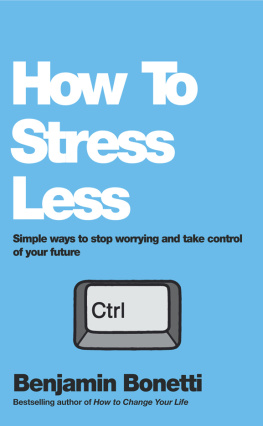
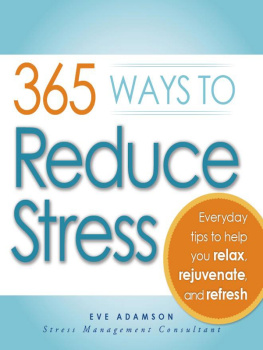
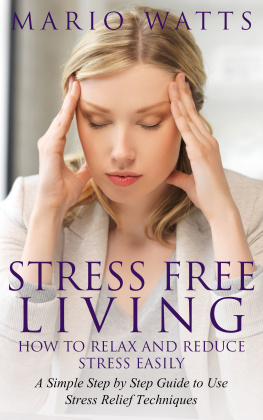
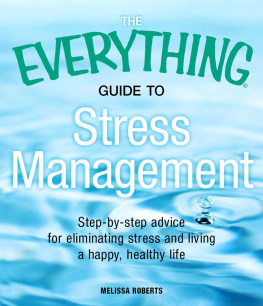
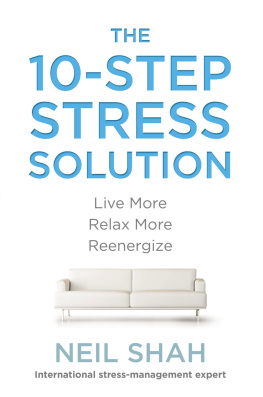
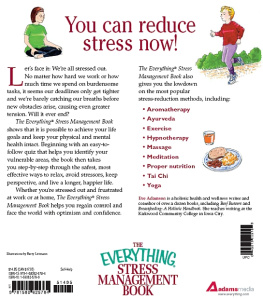
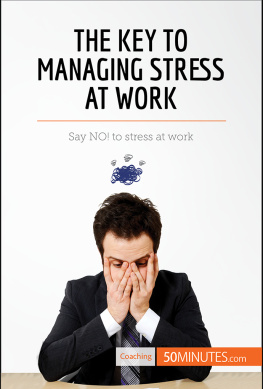

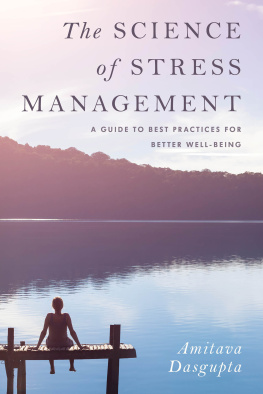
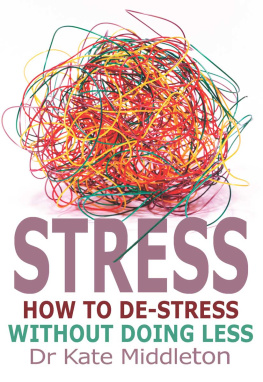
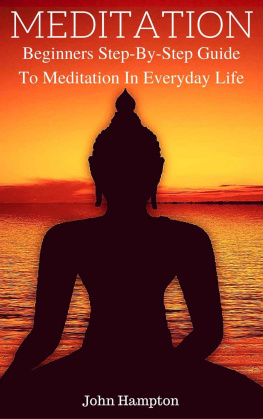



 Think
Think Task
Task